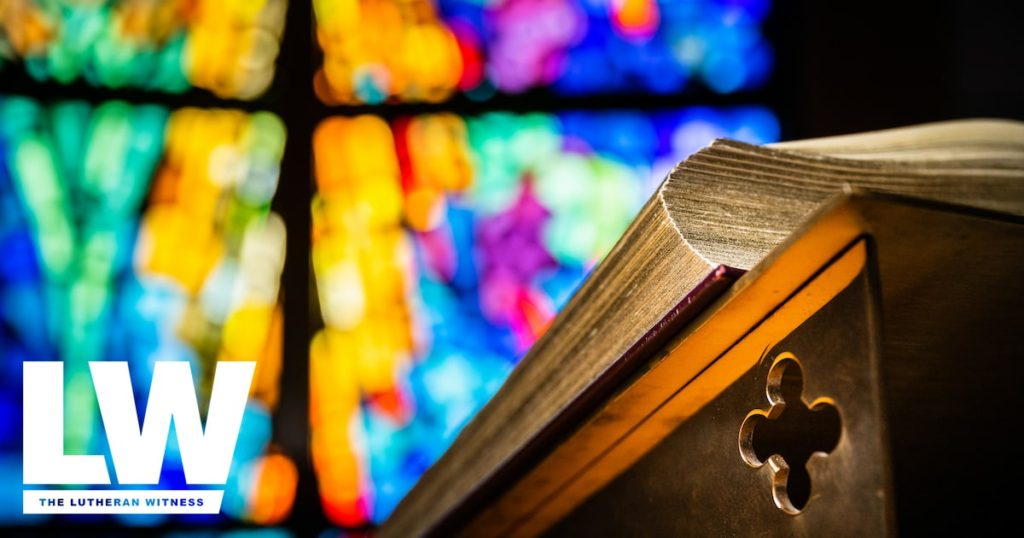by Rev. Dr. Greg Wismar
The calendar of the Christian Church is filled with special observances. Some are called feasts while others are festivals. The month of October brings both kinds of celebrations. But what is the difference? Is the distinction between feast and festival an important one? Perhaps it is.
A look at the dictionary reveals that, by definition, a feast is a “day of commemoration set aside for an important personage, such as a saint.” A feast, then, is a one-day focused celebration. On the church calendar for October, there are two special feast days that have been observed by Christian people for many centuries.
Oct. 18 is the Feast of Saint Luke, one of the four evangelists whose Gospel account shares, in carefully ordered detail, the life and ministry and teachings of our Lord, Jesus Christ. Oct. 28 is the Feast of Saint Simon and Saint Jude, two of the lesser known of Jesus’ disciples. One ancient church tradition reports that, after Jesus’ ascension, Simon and Jude worked as evangelists together in Persia (modern-day Iran) and were martyred there on the same day.
New to the Lutheran church calendar is the Feast of Saint James of Jerusalem, the brother of our Lord, which is observed on Oct. 23. A stanza for the day, newly added to the hymn “By All Your Saints in Warfare” (LSB 518), commemorates the day: “We sing of James, Christ’s brother, who at Jerusalem told how God loved the Gentiles and, in Christ, welcomed them. Rejoicing in salvation may we too, by God’s grace, extend Christ’s invitation to all the human race.”
The focus of a feast day is on its one special personage; the focus of a festival is much wider. In describing a festival, the dictionary states that it is a “period of celebration often centered around a religious feast day or a holiday.” The special festival on the church calendar in October is the Festival of the Reformation on Oct. 31. For centuries, Lutheran Christians have centered the commemoration of Martin Luther’s reassertion of the truth of the Gospel on Oct. 31, bringing to mind the Reformer’s nailing of the 95 Theses to the door of the Castle Church in Wittenberg, Germany, in 1517.
But in many times and places, the celebrations were not limited to one day, as processions, services, plays and other activities were carried out over an extended period of time. A festival celebrates something that, in its scope and importance, needs more than one day for proper observance.
Although many of the feasts and festivals that are part of the life of a congregation have a long and storied history, others do not. A very recent addition to the October calendar of many congregations is Clergy Appreciation Sunday, which was established in 1992. In describing this new feast day, which has been expanded to the entire month in some locations, the website of the Hallmark card company relates that the reason for the occasion is found in its “mission to uplift and encourage pastors, missionaries and religious workers.”
Feasts and festivals, old and new, enrich our common life in Christ together. Celebrate all of them!
—
> Oct. 25 commemorates Dorcas (Tabitha), Lydia and Phoebe, Faithful Women.
About the Author: The Rev. Dr. Greg Wismar is pastor emeritus of Christ the King Lutheran Church, Newtown, Conn.
October 2011






